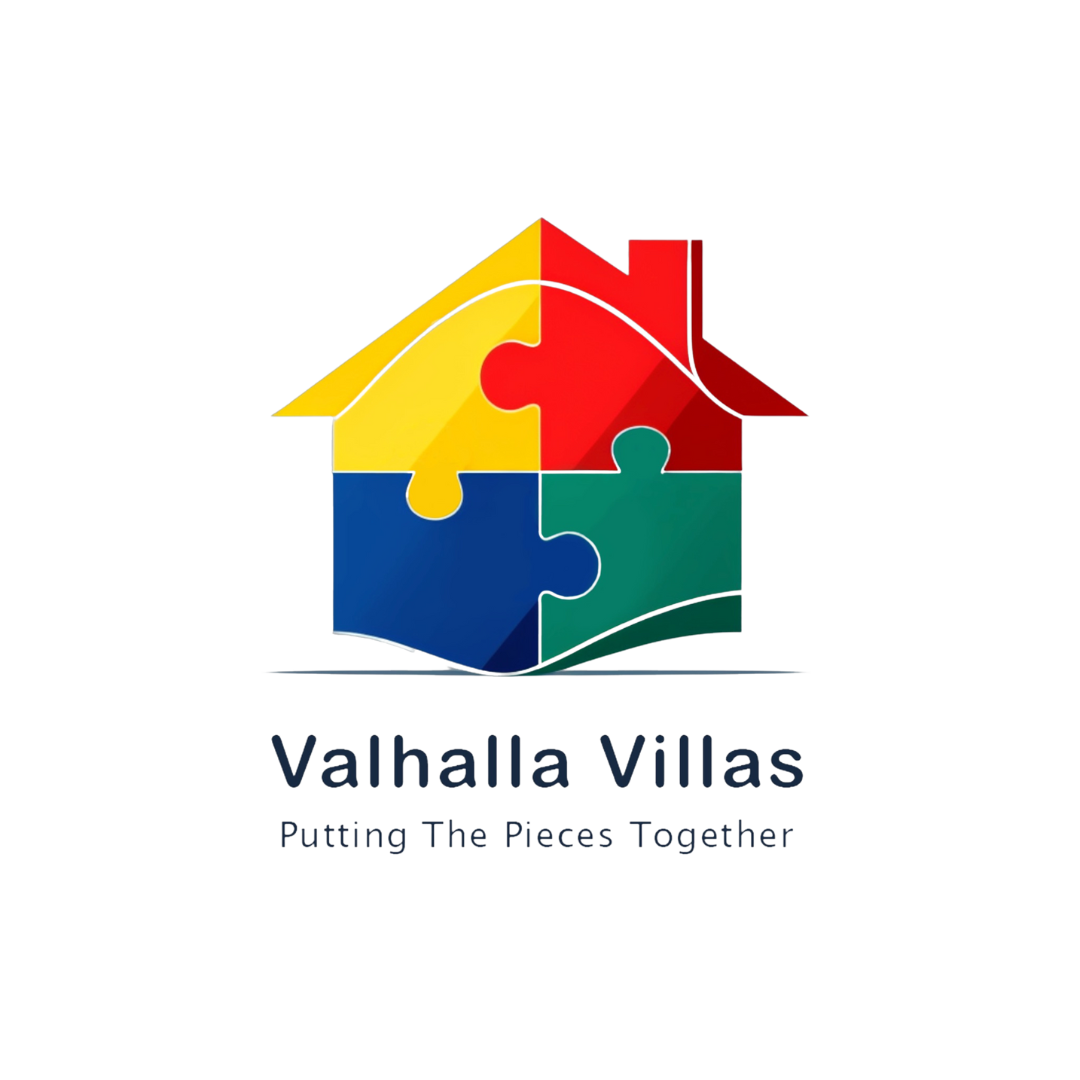In the journey of raising children with special needs, empowering them with essential life skills stands as a cornerstone for fostering independence and self-reliance. As parents, we get so busy in the day-to-day of raising our kids, that we sometimes forget that we are also their greatest teachers. It is up to us to recognize where our kids need to develop greater skills to maximize their future independence. Once we know what they need to work on, we need to set up a plan for incorporating lessons in those areas. At Valhalla Villas, we recognize the unique challenges and triumphs involved in this process. This blog post will provide some strategies and effective techniques regarding life skills development for these extraordinary children.
Consistency and Routine
First and foremost, we must decide when and where to work on a particular skill and then do it consistently. Establishing a consistent routine aids in creating a sense of security and predictability. This approach can significantly enhance learning and adaptation of new skills.
Individualized Learning Approaches
Tailoring learning strategies to each child’s specific needs and abilities is crucial. For instance, children on the autism spectrum might benefit from visual aids, while those with physical disabilities might require adaptive tools.
Social Skills Enhancement
Social interactions are pivotal for personal development. Programs that focus on communication, empathy, and understanding social cues are invaluable. According to a 2023 study, structured social skills training can improve peer interaction by up to 35%. Don’t overlook this critical element in your child’s development.
Practical Life Skills
Teaching practical skills like cooking, budgeting, and personal hygiene is essential. A survey by the Special Needs Alliance (2022) revealed that independent living skills training increases the likelihood of post-school success by 50%. Start with something simple, like having your child peel the potatoes for dinner while you are working on the rest of the meal. They will learn more than potato peeling, simply by being in the kitchen with you. No need to schedule extra time either, you were making dinner anyway. Progress to learning more and more aspects of meal preparation – like making their own sandwiches for lunch.
You can incorporate them in similar ways to tackle budgeting and hygiene. For example, have them help you sort the bills so they get an idea of all the expenses to think about in life. Perhaps they can fill out the checks for you to sign – get creative.
Use of Technology
Assistive technology can play a significant role in enhancing learning. Apps and software designed for special needs education can cater to various learning styles and abilities. In the example above, perhaps your child doesn’t have the motor skills to write a check, but maybe they can use a computer. Walk them through the process of paying bills online.
Incorporating Physical Activity
Physical activities not only improve motor skills but also enhance cognitive function. The CDC reports that regular physical activity in children with special needs boosts concentration, attention, and overall well-being. Again, this doesn’t have to add time to your day – what physical activity do you do now in which they could join you? It could be as simple as walking the dog, or more intense like joining your step-class.
Parental and Caregiver Involvement
Active involvement of parents and caregivers in the learning process is vital. As you’ve noticed from the examples above, most revolve around involving your child in your daily activities and modeling the behavior you’d like to see in them. Workshops and training sessions for families can equip you with the necessary skills and knowledge to take this to a greater level, tackling some more specific life skills challenges your child might be facing.
Developing life skills in children with special needs is a dynamic and evolving journey. It requires patience, understanding, and tailored approaches. With the right support and resources, these children can achieve greater independence and confidence. At Valhalla Villas, we are committed to being a part of this empowering journey, helping every child reach their full potential.
References:
– Special Needs Alliance. (2022). “Independent Living Skills Training and Post-School Success.”
– Centers for Disease Control and Prevention. “Physical Activity and Children with Special Needs.”
– Recent Study on Social Skills Training in Children with Autism Spectrum Disorder (2023).
Visit Valhalla Villas for more information and resources www.ValhallaVillas.org


